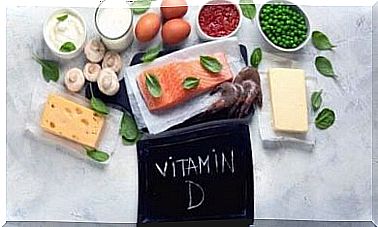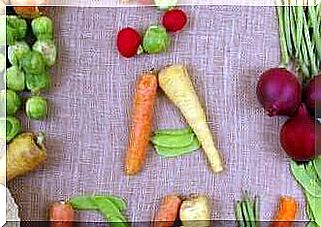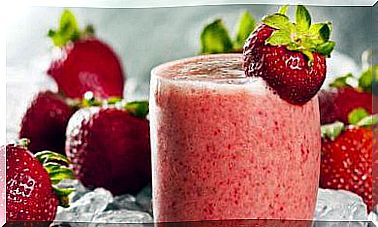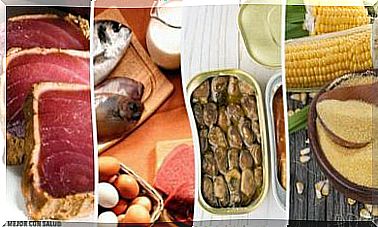How To Cleanse The Colon Naturally
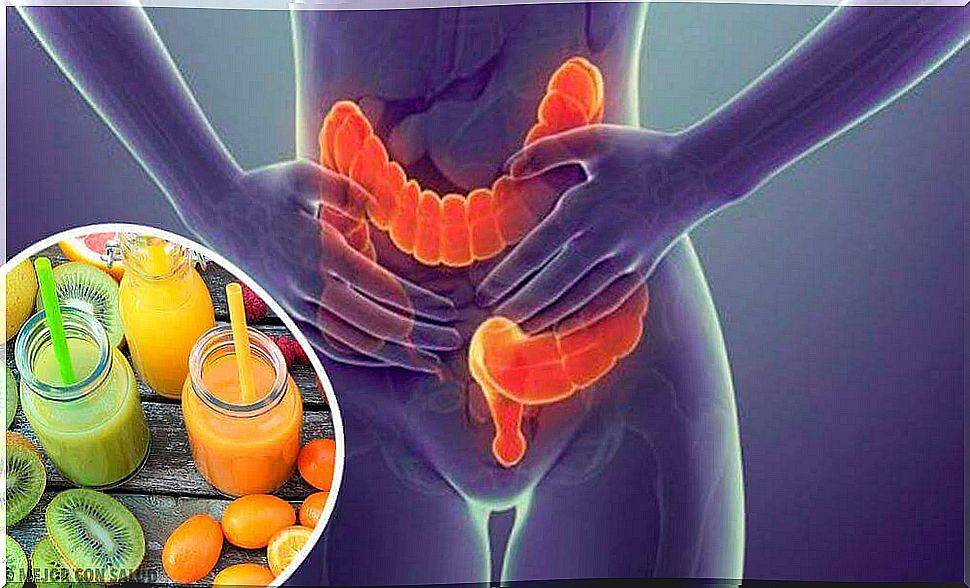
The colon, also called the large intestine, is located at the end of the digestive system. Its function is to evacuate the stool, but it is also linked to our immune system.
To avoid colon diseases (colorectal cancer, polyps, colitis, diverticulitis, irritable bowel …) and many others that may derive from it, we therefore present here the healthiest foods to cleanse the colon.
Foods rich in fiber
If you are asked to name foods that are healthy for our gut, the first thing that comes to mind is fiber. Indeed, not only is it important to avoid refined foods, but you should also choose foods that contain them naturally and not after industrial addition.
Today, for example, wholemeal bread is usually not made with wholemeal flour but rather with white flour to which bran is then added.
This is why it is best to always choose foods containing fiber and the least processed possible.
We find fiber in foods of plant origin:
- Fresh fruits
- Dried fruits
- Vegetables
- Legumes
- Whole grains: bread, grains (rice, millet, quinoa, wheat) and pasta
The water
When you increase your intake of fiber in our diet, it is important to also increase your water intake between meals since constipation could then threaten you due to a lack of fluid.
Drink 6 to 10 glasses a day. The amount of water you need will depend on your age, your physical activity and also the temperature outside.
Certain kidney diseases and congestive heart failure should also be taken into account. In this case, it is recommended that you consult your doctor.
Calcium
Studies have shown that calcium reduces the risk of colon and rectal cancer. For the same reasons mentioned above, take an interest in foods that contain it naturally, for better assimilation, and avoid all those enriched with calcium. You can find it in the following foods:
- sesame (seed, tahini, oil, gomashio)
- green vegetables (spinach, chard, broccoli, etc.)
- Salmon
- sardines
- almonds (slivered, in milk)
Vitamin D
Whenever we talk about calcium, we are also referring to vitamin D, because it is essential for good assimilation. In addition, it can also prevent colon and rectal cancer.
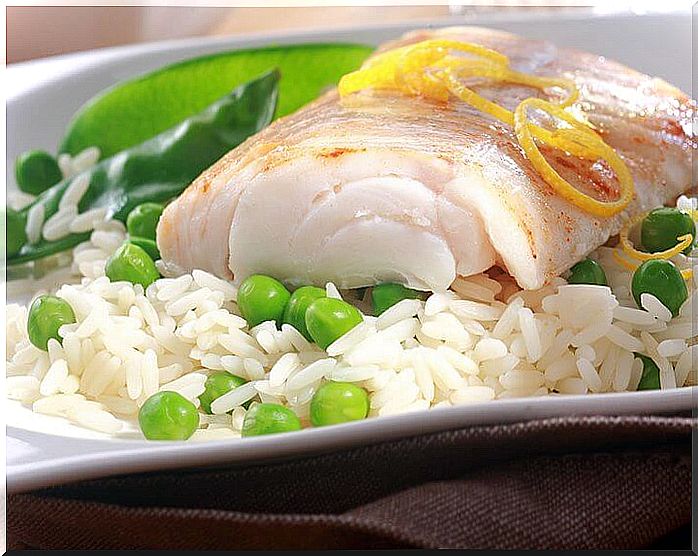
The body produces vitamin D when the skin is exposed to direct sunlight. This is why vitamin D is often called the sunshine vitamin. We can take a brief sunbath at the start and end of the day.
There are also foods that naturally contain this vitamin:
- Salmon
- mackerel
- sardines
- eggs
If you live in an area with little sun all year round, you can take food supplements for a specified period.
Folic acid
Folic acid, or vitamin B9, helps the body to create new cells and, in addition to many other properties and being essential during pregnancy, it reduces the risk of developing colon cancer. We can find it in:
- green vegetables (chard, broccoli, spinach)
- asparagus
- peas
- lentils
- chickpeas
- the strawberry
- orange
- papaya
Magnesium
Indeed, this mineral is used to treat digestive problems related to intestinal transit, such as irritable bowel, and it also helps reduce the risk of cancer. The ideal is to eat foods rich in magnesium every day:
- cocoa
- pumpkin and squash seeds
- linseed
- almonds
- Sun-flower seeds
- cashew nut
- Brazil nut
- White beans
- peas
- green vegetables
You can also take supplements of magnesium chloride or magnesium citrate for two or three months.
Watch out for processed red meat
You should know that certain foods are not favorable to our intestinal well-being: in fact, they generate putrefactions which are deposited in the intestine and which can be toxic over time. This is the case with processed red meats.
It is therefore better to turn to organic poultry meat, fish, eggs, vegetables, etc. These foods provide the proteins and energy necessary for our body.
Beware of dairy products
If you suffer from an irritable bowel, you should avoid, in addition to red meat, milk and its derivatives. You can try this for a month and then reintroduce them into your diet.
If you don’t tolerate them well, your body will react immediately. You can also drink vegetable drinks during this time.
Kuzu, regulator for the colon
Kuzu or kudzu comes from a root with fabulous regenerative and regulating properties for the colon. How to consume it? First, dilute a spoonful of ground kuzu in a glass of cold water, avoiding using a metal spoon (use a wooden or porcelain spoon).
Then pour the liquid into a saucepan and bring to the boil, stirring constantly. After a few minutes, over low heat, you will be able to see that the texture and color of the liquid change, the latter becoming transparent and thick. You can therefore turn off the heat and finally let it cool.
You can therefore drink this drink between meals, once or twice a day, until you notice an improvement in your intestinal transit.
